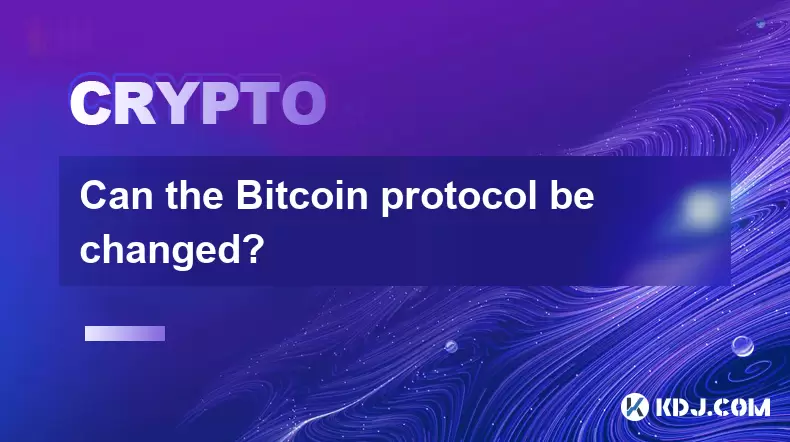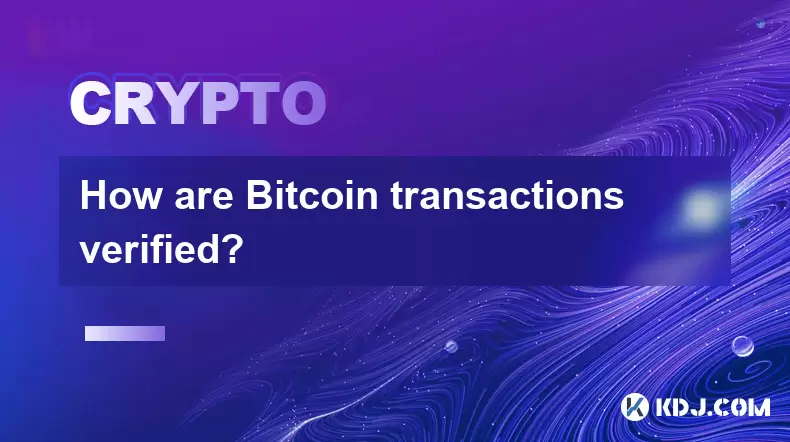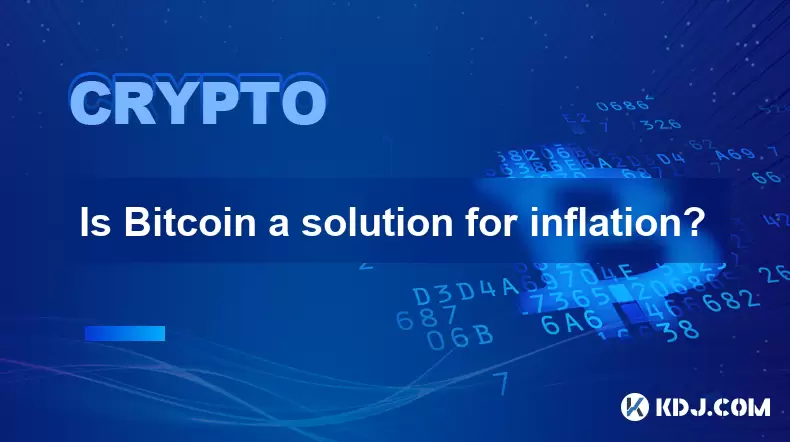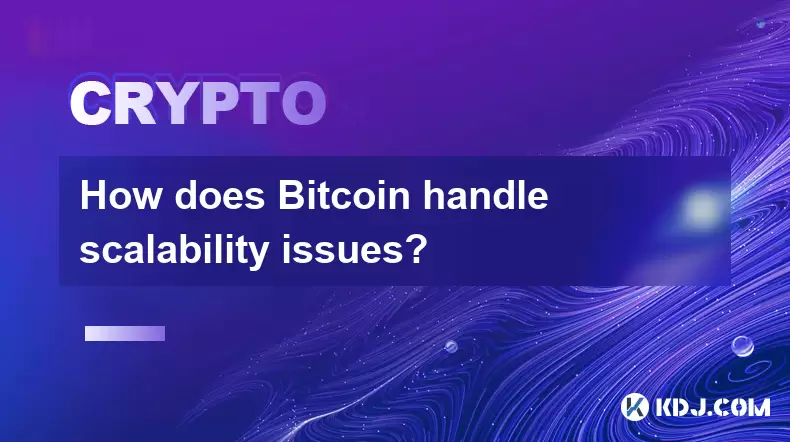-
 Bitcoin
Bitcoin $117500
2.15% -
 Ethereum
Ethereum $3911
6.19% -
 XRP
XRP $3.316
10.79% -
 Tether USDt
Tether USDt $1.000
0.01% -
 BNB
BNB $787.2
2.24% -
 Solana
Solana $175.2
4.15% -
 USDC
USDC $0.9999
0.00% -
 Dogecoin
Dogecoin $0.2225
8.40% -
 TRON
TRON $0.3383
0.28% -
 Cardano
Cardano $0.7868
6.02% -
 Stellar
Stellar $0.4382
9.34% -
 Hyperliquid
Hyperliquid $40.92
7.56% -
 Sui
Sui $3.764
7.63% -
 Chainlink
Chainlink $18.48
10.66% -
 Bitcoin Cash
Bitcoin Cash $582.1
1.88% -
 Hedera
Hedera $0.2601
6.30% -
 Avalanche
Avalanche $23.33
4.94% -
 Ethena USDe
Ethena USDe $1.001
0.02% -
 Litecoin
Litecoin $122.3
2.04% -
 UNUS SED LEO
UNUS SED LEO $8.969
-0.27% -
 Toncoin
Toncoin $3.339
0.86% -
 Shiba Inu
Shiba Inu $0.00001287
4.30% -
 Uniswap
Uniswap $10.43
7.38% -
 Polkadot
Polkadot $3.861
5.08% -
 Dai
Dai $1.000
0.02% -
 Bitget Token
Bitget Token $4.513
3.41% -
 Monero
Monero $267.7
-6.18% -
 Cronos
Cronos $0.1499
4.14% -
 Pepe
Pepe $0.00001110
5.15% -
 Aave
Aave $284.9
8.28%
How to buy Bitcoin with the least money? A newbie's money-making strategy is revealed
To buy Bitcoin with minimal funds, use platforms like Coinbase or Cash App, which allow fractional purchases and have low minimums. #BitcoinInvestment
May 30, 2025 at 04:15 pm

How to Buy Bitcoin with the Least Money? A Newbie's Money-Making Strategy is Revealed
For those new to the world of cryptocurrencies, the idea of investing in Bitcoin can be both exciting and daunting. The question often arises: How can you buy Bitcoin with the least amount of money? This article will guide you through the process, offering a comprehensive strategy for beginners looking to enter the market without breaking the bank.
Understanding Bitcoin and Its Value
Before diving into the specifics of buying Bitcoin, it's essential to understand what Bitcoin is and why its value fluctuates. Bitcoin is a decentralized digital currency that operates on a blockchain, a distributed ledger that records all transactions across a network of computers. Its value is influenced by various factors, including market demand, regulatory news, and technological developments.
To buy Bitcoin with the least amount of money, you need to be aware of the current market price. Bitcoin's price can be volatile, and understanding this volatility is crucial for making informed decisions. You can check the current price on various cryptocurrency exchanges or financial news websites.
Choosing the Right Platform
Selecting the right platform to buy Bitcoin is a critical step. There are numerous exchanges and platforms available, each with its own set of fees and minimum purchase requirements. For buying Bitcoin with minimal funds, consider using a platform that allows fractional purchases.
Some popular platforms that cater to small investors include:
- Coinbase: Known for its user-friendly interface, Coinbase allows you to buy fractions of Bitcoin. The minimum purchase amount can vary, but it's generally low enough for beginners.
- Binance: Another well-known exchange, Binance offers low fees and the ability to buy small amounts of Bitcoin. It's more suited for those who are comfortable with a slightly more complex interface.
- Cash App: This app allows you to buy Bitcoin with a low minimum purchase amount, making it an excellent choice for beginners.
Setting Up Your Account
Once you've chosen a platform, the next step is to set up your account. Here's a detailed guide on how to do this:
- Download the app or visit the website of your chosen platform.
- Sign up for an account by providing your email address and creating a password.
- Verify your identity. Most platforms require you to go through a Know Your Customer (KYC) process, which involves submitting a government-issued ID and possibly a selfie.
- Link a payment method. This can be a bank account, credit card, or debit card, depending on the platform's options. Some platforms also allow you to use PayPal or other digital payment methods.
Making Your First Purchase
With your account set up and verified, you're ready to make your first purchase. Here's how to buy Bitcoin with the least amount of money:
- Navigate to the buy/sell section of your chosen platform.
- Select Bitcoin as the cryptocurrency you want to buy.
- Enter the amount you wish to spend. Remember, you're aiming to buy with the least amount of money, so enter a small amount. Some platforms allow you to enter a dollar amount, while others require you to specify the amount of Bitcoin you want to buy.
- Review the transaction details, including the fees and the amount of Bitcoin you'll receive.
- Confirm the purchase. You may need to enter a two-factor authentication code to complete the transaction.
Storing Your Bitcoin Safely
After purchasing Bitcoin, it's crucial to store it safely. You have two main options for storing your Bitcoin:
- Hot Wallets: These are online wallets provided by exchanges or third-party services. They are convenient but less secure than cold wallets. If you're buying small amounts of Bitcoin, a hot wallet might be sufficient.
- Cold Wallets: These are offline storage solutions, such as hardware wallets or paper wallets. They are more secure but can be more complicated to set up. For larger amounts of Bitcoin, a cold wallet is recommended.
To set up a cold wallet, follow these steps:
- Purchase a hardware wallet from a reputable manufacturer like Ledger or Trezor.
- Download and install the wallet software on your computer.
- Connect the hardware wallet to your computer using a USB cable.
- Set up a new wallet by following the on-screen instructions. This usually involves creating a new wallet address and a recovery phrase.
- Transfer your Bitcoin from the exchange to your new wallet address.
Developing a Money-Making Strategy
Now that you've successfully bought Bitcoin with a small amount of money, it's time to develop a strategy for making money. Here are some tips for beginners:
- Dollar-Cost Averaging (DCA): This strategy involves investing a fixed amount of money at regular intervals, regardless of the market price. This can help you mitigate the impact of volatility and potentially increase your returns over time.
- HODLing: This is a long-term strategy where you hold onto your Bitcoin, expecting its value to increase over time. It requires patience and a belief in Bitcoin's long-term potential.
- Trading: For those who are more active in the market, trading can be a way to make money. This involves buying and selling Bitcoin based on market trends and technical analysis. However, trading is riskier and requires more knowledge and experience.
Frequently Asked Questions
Q: Can I buy Bitcoin with cash?
A: Yes, you can buy Bitcoin with cash through certain platforms and services. For example, some Bitcoin ATMs allow you to insert cash and receive Bitcoin in return. Additionally, some peer-to-peer platforms like LocalBitcoins enable you to meet sellers in person and exchange cash for Bitcoin.
Q: Are there any risks associated with buying small amounts of Bitcoin?
A: Yes, there are risks involved. The value of Bitcoin can fluctuate significantly, and buying small amounts may not provide enough diversification to mitigate these risks. Additionally, transaction fees on some platforms can be high relative to small purchases, which can eat into your investment.
Q: How can I track the performance of my Bitcoin investment?
A: You can track the performance of your Bitcoin investment through the platform where you bought it. Most exchanges provide a dashboard that shows your current holdings and their value. Additionally, you can use third-party apps and websites that offer real-time tracking and analysis of your cryptocurrency portfolio.
Q: Is it possible to buy Bitcoin with a credit card?
A: Yes, many platforms allow you to buy Bitcoin with a credit card. However, be aware that using a credit card may come with higher fees and interest rates, so it's important to understand the terms and conditions before proceeding.
Disclaimer:info@kdj.com
The information provided is not trading advice. kdj.com does not assume any responsibility for any investments made based on the information provided in this article. Cryptocurrencies are highly volatile and it is highly recommended that you invest with caution after thorough research!
If you believe that the content used on this website infringes your copyright, please contact us immediately (info@kdj.com) and we will delete it promptly.
- Stablecoins, Hong Kong, and On-Chain Finance: Navigating the Regulatory Maze
- 2025-08-08 12:30:12
- Tron's Sell-Off Spurs Altcoin Shift: What's Next for TRX?
- 2025-08-08 08:30:12
- Euler, DeFi, and Coinbase: A New York Minute on the Latest Buzz
- 2025-08-08 12:30:12
- RUVI Presale: Is the Growth Potential Real?
- 2025-08-08 09:10:12
- Sleep Token's US Takeover: Thornhill Rides the 'Even In Arcadia' Wave
- 2025-08-08 08:30:12
- FTT Token's Wild Ride: Creditor Repayments vs. Market Drop - A New Yorker's Take
- 2025-08-08 07:10:12
Related knowledge

Can the Bitcoin protocol be changed?
Aug 07,2025 at 01:16pm
Understanding the Bitcoin ProtocolThe Bitcoin protocol is the foundational set of rules that govern how the Bitcoin network operates. It defines every...

How are Bitcoin transactions verified?
Aug 08,2025 at 06:57am
Understanding Bitcoin Transaction VerificationBitcoin transactions are verified through a decentralized network of nodes and miners that ensure the le...

How does decentralization make Bitcoin secure?
Aug 08,2025 at 09:35am
Understanding Decentralization in BitcoinDecentralization is a foundational principle of Bitcoin's architecture and plays a critical role in its secur...

What are some common misconceptions about Bitcoin?
Aug 07,2025 at 07:22pm
Bitcoin is Just Like Regular MoneyA widespread misconception is that Bitcoin functions identically to traditional fiat currencies like the US dollar o...

Is Bitcoin a solution for inflation?
Aug 08,2025 at 04:57am
Understanding Inflation and Its Impact on Traditional CurrenciesInflation refers to the sustained increase in the price of goods and services over tim...

How does Bitcoin handle scalability issues?
Aug 08,2025 at 11:21am
Understanding Bitcoin’s Scalability ChallengesBitcoin, as the first decentralized digital currency, faces significant scalability issues due to its de...

Can the Bitcoin protocol be changed?
Aug 07,2025 at 01:16pm
Understanding the Bitcoin ProtocolThe Bitcoin protocol is the foundational set of rules that govern how the Bitcoin network operates. It defines every...

How are Bitcoin transactions verified?
Aug 08,2025 at 06:57am
Understanding Bitcoin Transaction VerificationBitcoin transactions are verified through a decentralized network of nodes and miners that ensure the le...

How does decentralization make Bitcoin secure?
Aug 08,2025 at 09:35am
Understanding Decentralization in BitcoinDecentralization is a foundational principle of Bitcoin's architecture and plays a critical role in its secur...

What are some common misconceptions about Bitcoin?
Aug 07,2025 at 07:22pm
Bitcoin is Just Like Regular MoneyA widespread misconception is that Bitcoin functions identically to traditional fiat currencies like the US dollar o...

Is Bitcoin a solution for inflation?
Aug 08,2025 at 04:57am
Understanding Inflation and Its Impact on Traditional CurrenciesInflation refers to the sustained increase in the price of goods and services over tim...

How does Bitcoin handle scalability issues?
Aug 08,2025 at 11:21am
Understanding Bitcoin’s Scalability ChallengesBitcoin, as the first decentralized digital currency, faces significant scalability issues due to its de...
See all articles

























































































